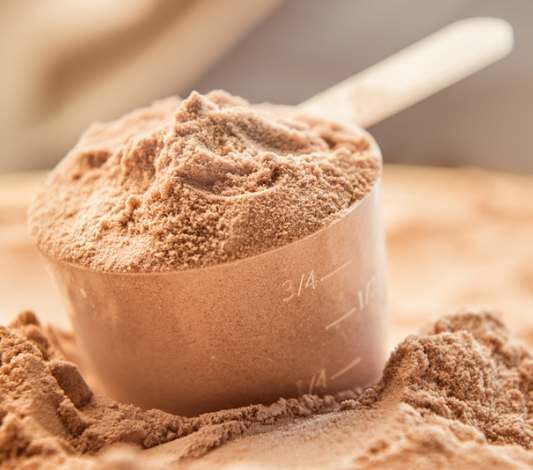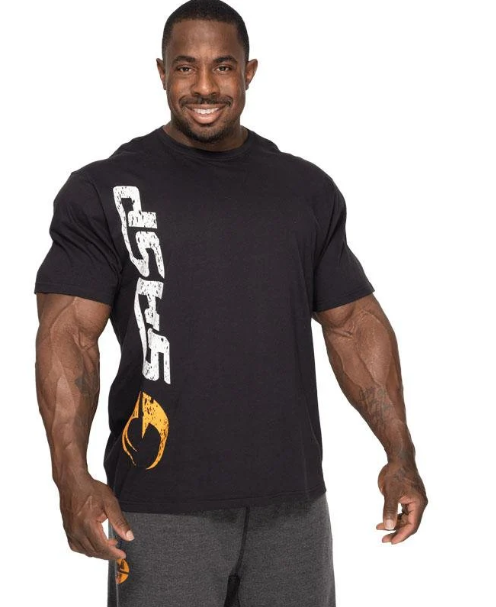
A Beginner’s Guide to Understanding Protein
Protein is essential for building and maintaining muscle mass, which is why it’s a key component in the diets of gym-goers and athletes. Many people turn to protein shakes and bars to help them achieve their fitness goals, but what are the actual benefits of these supplements? In this guide, we’ll break down everything you need to know about protein, including how much you need, when to consume it, and when supplements can be helpful.
How Much Protein Should You Be Consuming Each Day?
We all know that a healthy, balanced diet should include a mix of fruits, vegetables, carbohydrates, dairy, fats, and protein. Protein is considered a macronutrient, and it plays a critical role in building and repairing muscle tissue. But how much protein do you actually need to support a healthy lifestyle?
A good rule of thumb for calculating your daily protein intake is this:
Your weight in kilograms x 0.8 = the grams of protein you should aim for each day.
This number represents the amount of protein required to maintain muscle mass. However, if you engage in moderate to intense physical activity several times a week, your protein needs will be higher. For endurance-based exercises like running or swimming, you should aim for 1.2 to 1.4 grams of protein per kilogram of body weight on the days you work out. If your focus is strength training, such as weightlifting, your protein intake should be in the range of 1.4 to 2 grams per kilogram of body weight.
One key point to remember is that consuming protein after exercise is crucial for muscle recovery and growth, as it helps repair muscle fibers that break down during your workout.
When Should You Consider Protein Supplements?
While many people can get enough protein through whole foods, there are situations where supplements may be beneficial. If you’re exercising regularly and find it challenging to hit your protein targets through food alone, protein supplements like shakes and bars can help fill in the gap.
If you’re noticing signs of fatigue, muscle soreness, or increased hunger the day after your workout, this could be an indication that you’re not consuming enough protein to support your training.
Why Are Protein Shakes and Bars So Popular?
Protein shakes and bars have become staples in many fitness routines due to their convenience. They’re portable and easy to consume before or after a workout, which makes them an excellent option for people on the go. Additionally, they can often be more affordable than purchasing large amounts of meat or fish. For vegans or those following plant-based diets, protein supplements can also provide an easy way to ensure they’re getting enough protein, especially when plant-based sources aren’t sufficient.
When is the Best Time to Consume Protein Shakes and Bars?
To get the most out of your pre-workout protein shake or bar, it’s best to consume it around 30 minutes before your workout. Taking it too far in advance might reduce its effectiveness. After your workout, the most beneficial protein sources contain a higher proportion of whey protein, like those found in high-quality whey products such as Ascent Protein Whey. This type of protein is fast-digesting and free from artificial ingredients, making it an excellent choice for post-workout recovery.
It’s important to keep in mind that while protein is essential, it alone will not do the work for you. Consistent effort in your training and diet is necessary to see the results you’re aiming for.
Conclusion
In summary, protein plays a vital role in supporting your muscle-building efforts, and whether you’re a regular exerciser or just trying to maintain a healthy diet, it’s crucial to consume the right amount. Supplements can be helpful, but they should complement a balanced diet that includes whole food sources of protein. Keep in mind that protein is most effective when combined with a solid exercise routine and other good lifestyle habits.






